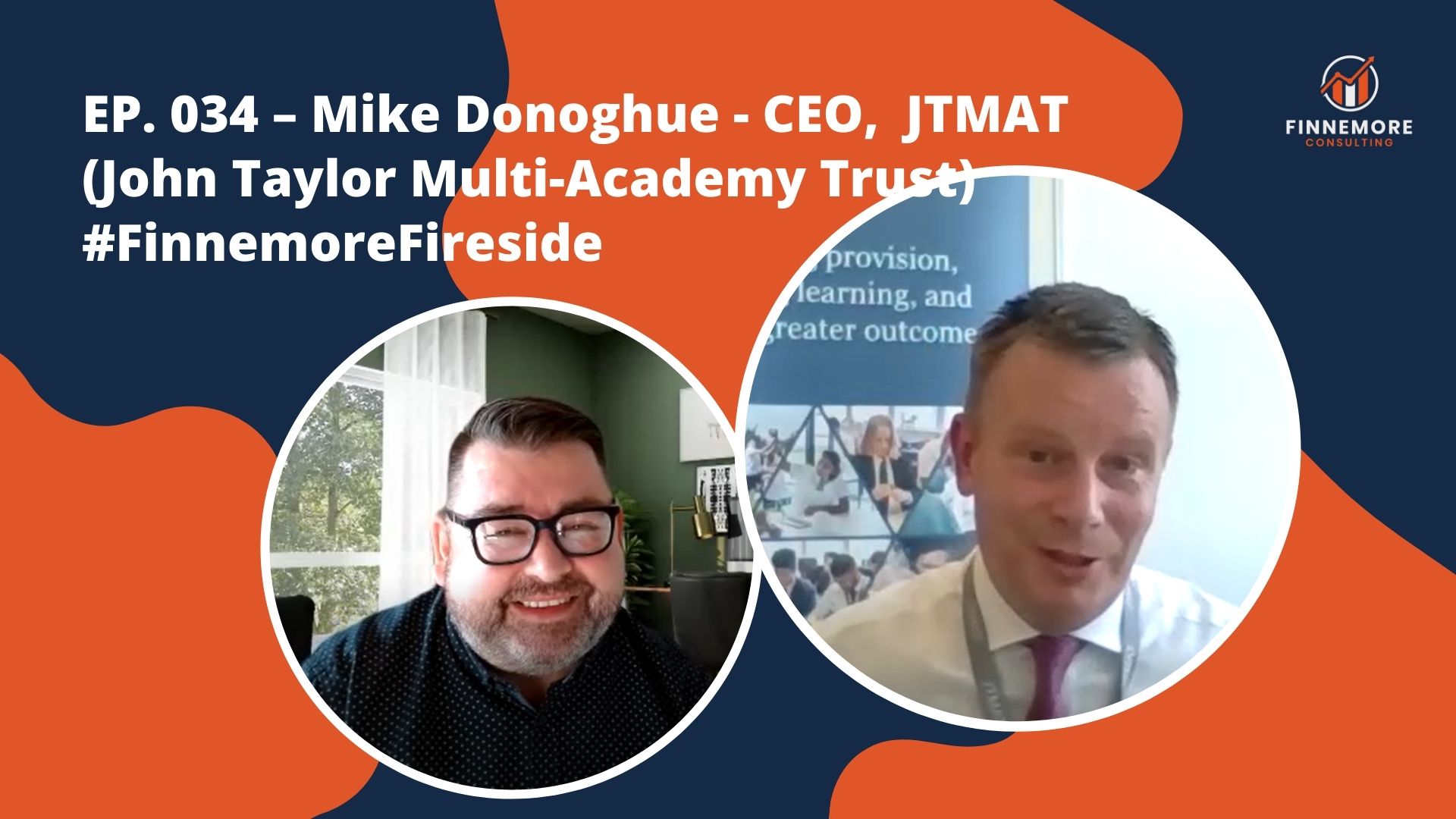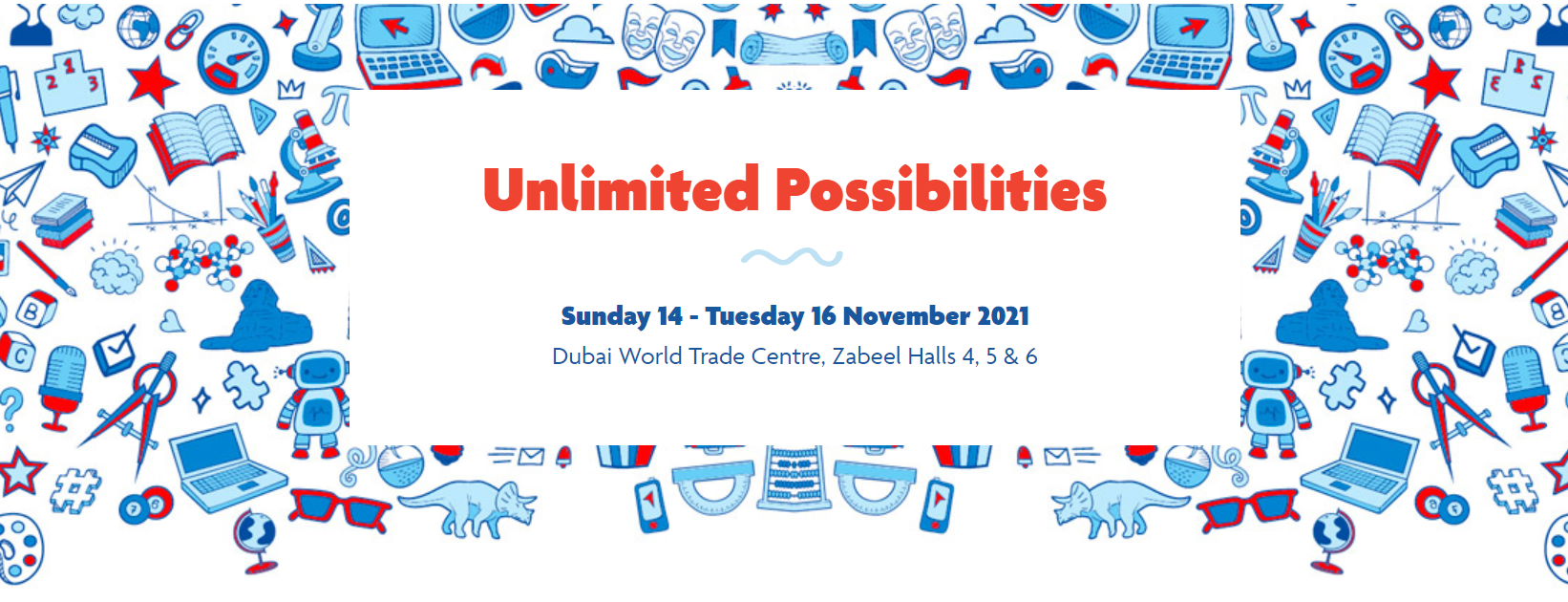This month sees us publish our 40th #FinnemoreFireside chat and this time we’re delighted to welcome Jim Knight, The Rt Hon Lord Knight of Weymouth on for a Q&A session.
Jim Knight works in education, digital technology and as a legislator. As a UK government minister and MP, Jim’s portfolios included rural affairs, schools, digital and employment. He was a member of Gordon Brown’s Cabinet 2009-2010, before joining the Lords after the 2010 General Election.
Jim is a director of Suklaa Ltd, providing advisory services to UK and international clients working in technology for education and learning, international schooling, and teacher engagement. He’s also currently chair of the board for E-ACT, is on the Nord Anglia Education Advisory Board, on the Global Advisory Council for BETT, and was appointed Chair of the Board at COBIS in November 2022.
In this Q&A Nick and Jim discuss amongst other things:
- Where Jim’s passion for education comes from and why he has dedicated so much of his working career to education.
- The disconnect between the education and labour market, and the need for a school system which truly meets the needs of learners, communities and employers.
- Why focusing on academic performance and grades doesn’t work for many, and how other core skills are more important than literacy and numeracy.
- Is edtech behind the curve compared to industry: what happened to real future-gazing?
- The fact that leadership on the use of edtech is no longer there (a role previously played by Becta) and something is required to fill the gap.
- Using trends and AI to promote insights and the associated challenges that come with sharing and interrogating data?
- The three big challenges that Jim would like to see edtech help solve
We’d love to hear your feedback and comments below. Enjoy!





